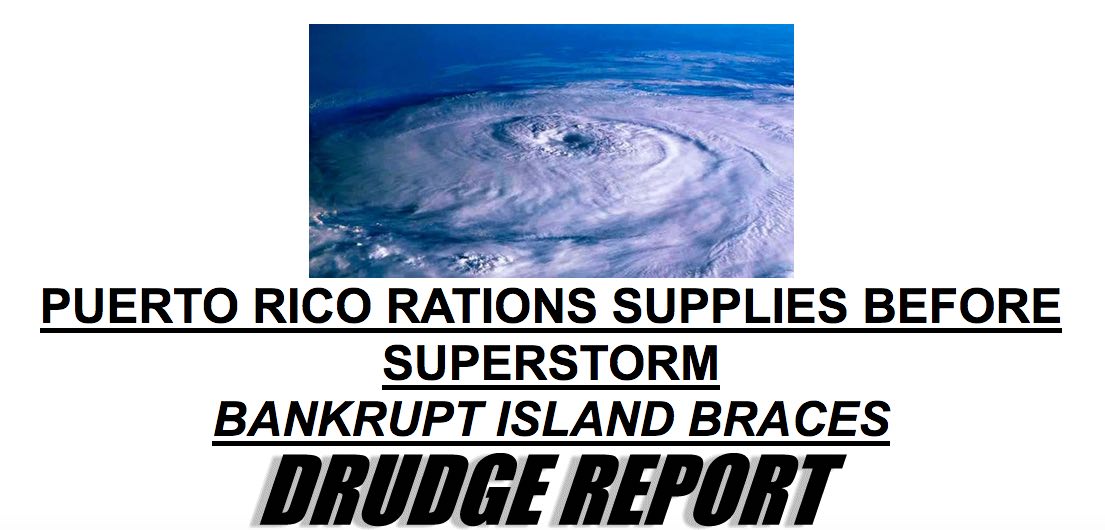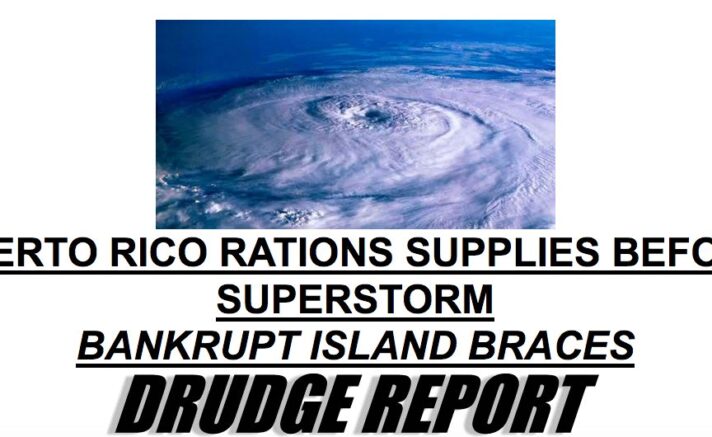2009 was dark. The ‘just before dawn’ kind of dark.
Just one year earlier, financial giants Bear Stearns and Lehman Brothers went under. Insurance companies, car manufacturers, and banks were all on the edge of complete bankruptcy.
From September 2007 to February 2009 US stock markets lost more than 50% of their value. Big and small investors were devastated and thought that our financial world was over.
It may sound silly now, but many people were genuinely scared and began to prepare for the worst. One of the most popular TV shows at the time was called “Doomsday Preppers,” and many Americans were doing just that – prepping for a doomsday that would follow the financial crisis.
The stock price of America’s most symbolically named bank – Bank of America – went from $50 to $3 per share. That’s a loss of 94% percent in just 17 months.
But, while everyone else was running scared, the founder and president of Appaloosa Management made a bold move.
David Tepper bought hundreds of millions of dollars worth of bank stock in Citigroup ($C) and Bank of America ($BAC). Just one year later, these stocks rebounded, with Bank of America’s share price quadrupling. This trade netted Appaloosa Management about $7 billion, with about $4 billion of that going into Tepper’s pocket.
This is just another rich hedge fund guy making a boat load of money…
Well, yeah, that’s true.
But, there is a much more important lesson here. And it’s something that we should all understand, are more importantly, replicate.
How did David Tepper know that he should make this investment? Was he lucky?
Let’s look at this from a macro perspective. Here is what the majority of the population thought:
- The US was in big trouble.
- The financial markets were experiencing one of their worst crashes ever.
- The housing market (which is a very emotional asset to everyday citizens) was getting slammed.
- There was uncertainty with a new President.
- The cause of the financial crash wasn’t completely clear, which caused confusion and more fear.
- Everyday citizens were feeling the fallout in a real way. Loss of jobs, wage cuts, foreclosures, and a struggling economy were apparent.
On the other side of the herd, here is what the minority knew:
- The US was in trouble, but most other countries were in an equal, if not worse, situation than the US.
- The financial markets were in trouble, but there were many strategies that central banks and private companies could use in order to shift direction.
- The housing market was in a very bad state, but the real value never completely disappeared. Even though there were massive numbers of people defaulting on their loans, there was still a lot of collateral left over.
- There was a new President coming into office, but in the US, there is rarely a radical shift. Or in other words, ‘business as usual’ was pretty likely.
- The cause of the financial crash was confusing to some, but for the minority, it was blatantly obvious. Consumers borrowed way more than they could afford to pay back. It was a financial bubble that popped… all part of the economic cycle.
- Everyday citizens that felt the doom and gloom were not able to see past their personal struggles. They were not able to see the opportunity that was in fact in front of their face (in the form of extremely under valued investments).
The majority made emotional (and irrational) observations and reactions.
The minority made objective (and rational) observations and reactions.
David Tepper was able to capitalize on the 2008 financial crisis by taking an objective approach to the situation that we all faced. Obviously, he had the financial backing and execution know-how, but his approach could have been replicated on nearly any scale.
While Tepper was presented with the opportunity of a lifetime, the reality is we are all presented with these similar opportunities nearly everyday. They may not be of the same scale, but they are very similar in terms of the approach the crowd takes.
The difficult part is first being able to identify these opportunities, and second, being able to go against what the crowd thinks. And we all know that that second part is the hardest.
Puerto Rico is a perfect example of this.
I took this screen shot last year, in anticipation of what is happening now.

We can make the same comparison, as above, with Puerto Rico.
Here is what the majority knows about Puerto Rico:
- The island has a massive amount of debt that they can’t pay back.
- The island got blasted by Hurricane Irma.
- Puerto Ricans are leaving the island in record numbers.
- The power grid, and other infrastructure, is not only outdated, but severely damaged from the hurricane.
Here is what the minority knows about Puerto Rico:
- The island has a massive amount of debt that will not be able to be paid back. However, through financial restructuring and aggressive change, there will eventually be a solution. Most importantly, just because the island is suffering from debt, does not mean that individual investors will take on that burden. In fact, there are attractive tax incentives which allow investors to actually benefit from the financial situation that Puerto Rico is in.
- The island got blasted by Hurricane Irma. But, San Juan is pretty much back up and running. There are remote portions of the island that are still very damaged, but it’s nothing that can’t be repaired.
- Puerto Ricans are in fact leaving the island. However, there are lots of people immigrating to the island as well. For now, there are more leaving than coming, but this represents an opportunity for newcomers, as there is a glut of property opportunities.
- The power grid is badly damaged and in need of huge capital improvements. There have been thousands of power workers on the island for months now, repairing and replacing much of the power grid.
Is Puerto Rico perfect? Of course not.
But, when you see articles in the media that suggests Puerto Rico will never recover, you should stop and think about that.
Remember how people felt about the markets in 2009? They thought it was all over. Fast-forward to today and we are in one of the longest bull markets in modern financial history. Incredible.

Puerto Rico is a US territory. Do you think the US is going to completely turn it’s back to Puerto Rico?
And even if the US did completely cut ties with the island, there is this thing called capitalism. It involves private industry that creates valuable enterprises which stimulates the economy.
Puerto Rico will not be back to normal next year. Or even the year after that. In fact, things might get a bit worse before they get better.
But for the minority who understands the bigger picture, there is a tremendous opportunity to position yourself now before the majority realizes what’s going on. Because when the rest of the herd catches on, most of the profits will be gone.




